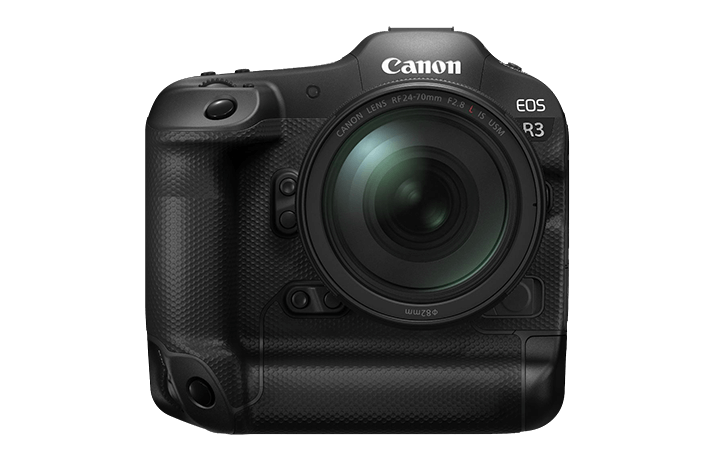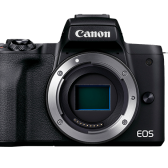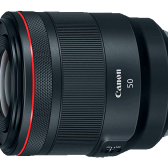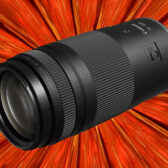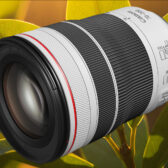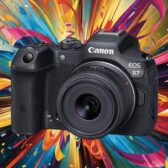PhotoWebExpo has posted an interview with the Head of Product and Consumer Expertise at Canon Russia, while most of it is what you’d expect in a Canon interview, there are some good nuggets of information.
The original interview is in Russian, so obviously I have used Google Translate here. Below are a few answers that are probably worth noting.
Which type of photographers is the Canon EOS R3 intended for?
Canon is aiming this camera at professionals and advanced amateurs. The Canon EOS R3 is not intended to replace the Canon EOS-1D X Mark III.
The camera will be intended for wildlife, sports, racing, and photojournalism.
The camera will be smaller than the EOS-1D X Mark III as well.
Why an EOS R3 and not an EOS R1?
Canon says this camera is a new line for the EOS R system. It will be slotted between the EOS R5 and a future flagship camera, the EOS R3 is not the EOS R flagship.
Will the Canon EOS R3 get a new sensor?
In case you missed it, the EOS R3 will be the first Canon camera with a stacked backside-illuminated sensor. It is the first of its kind developed by Canon for consumers.
Is this Canon’s first stacked sensor?
This is actually the second stacked sensor from Canon, the PowerShot G7X Mark III has a 1″ stacked sensor. This will be the first full-frame stacked sensor from Canon.
Will Canon share the RF mount with other manufacturers?
It doesn’t look that way. Canon is likely to keep the mount a closed system, so the third parties will have to reverse engineer everything to make RF mount lenses to utilize the new technologies available in the RF mount.
What’s the future of the EOS M system?
Canon couldn’t comment on the future of the system, but in this interview, the EOS M system was called “well equipped”. I’m not sure many would agree with that, but what do I know?
Will we see a global shutter image sensor for the EOS R system?
Not much here to hypothesize about, but he did comment that Canon already has a global shutter in the EOS C700GS. However, he does talk about redundancy with this feature and whether or not a global shutter would benefit most photographers. Does this mean Canon only sees this tech in the Cinema EOS lineup?
He also noted that global shutter sensors are difficult to manufactue.
You can read the entire interview at PhotoWebExpo.
|
When you purchase through links on our site, we may earn an affiliate commission. Here's how it works. |


